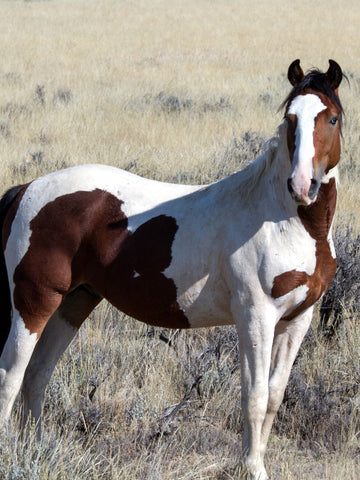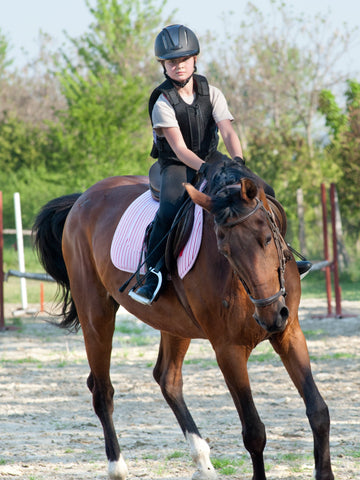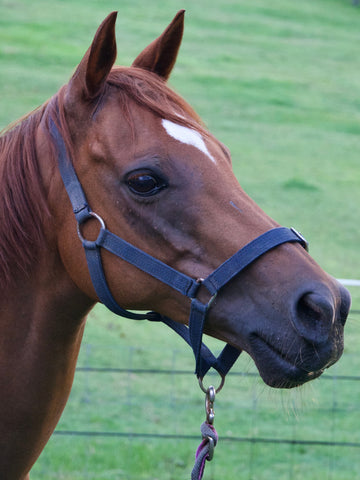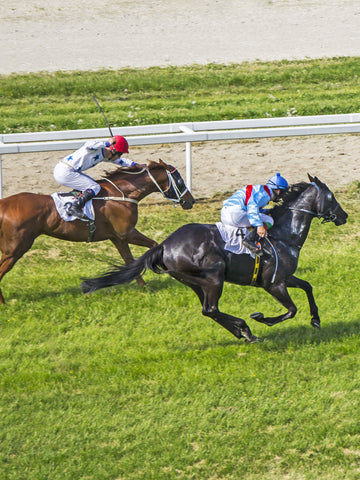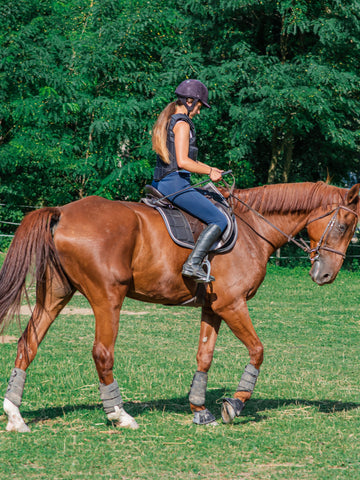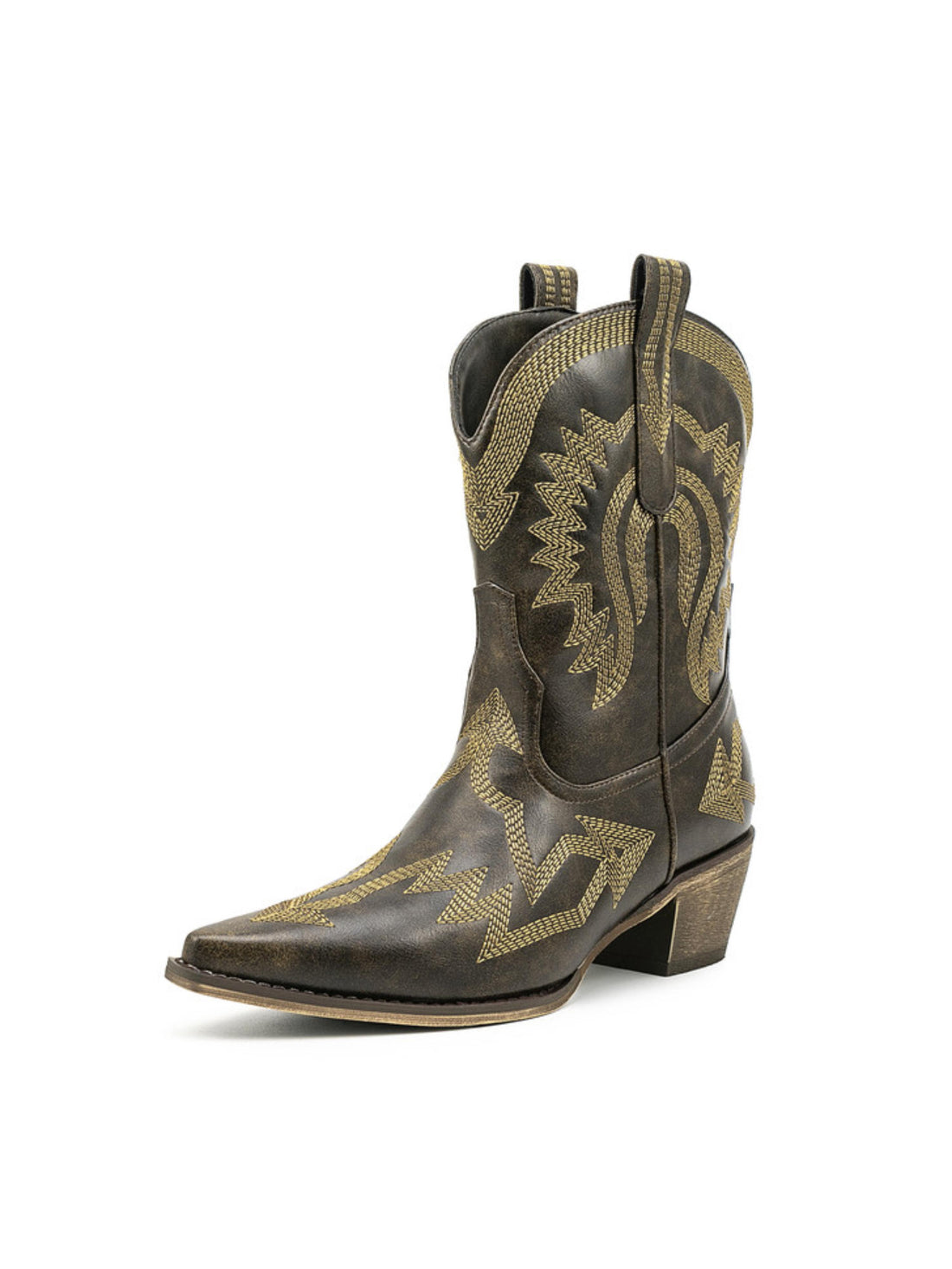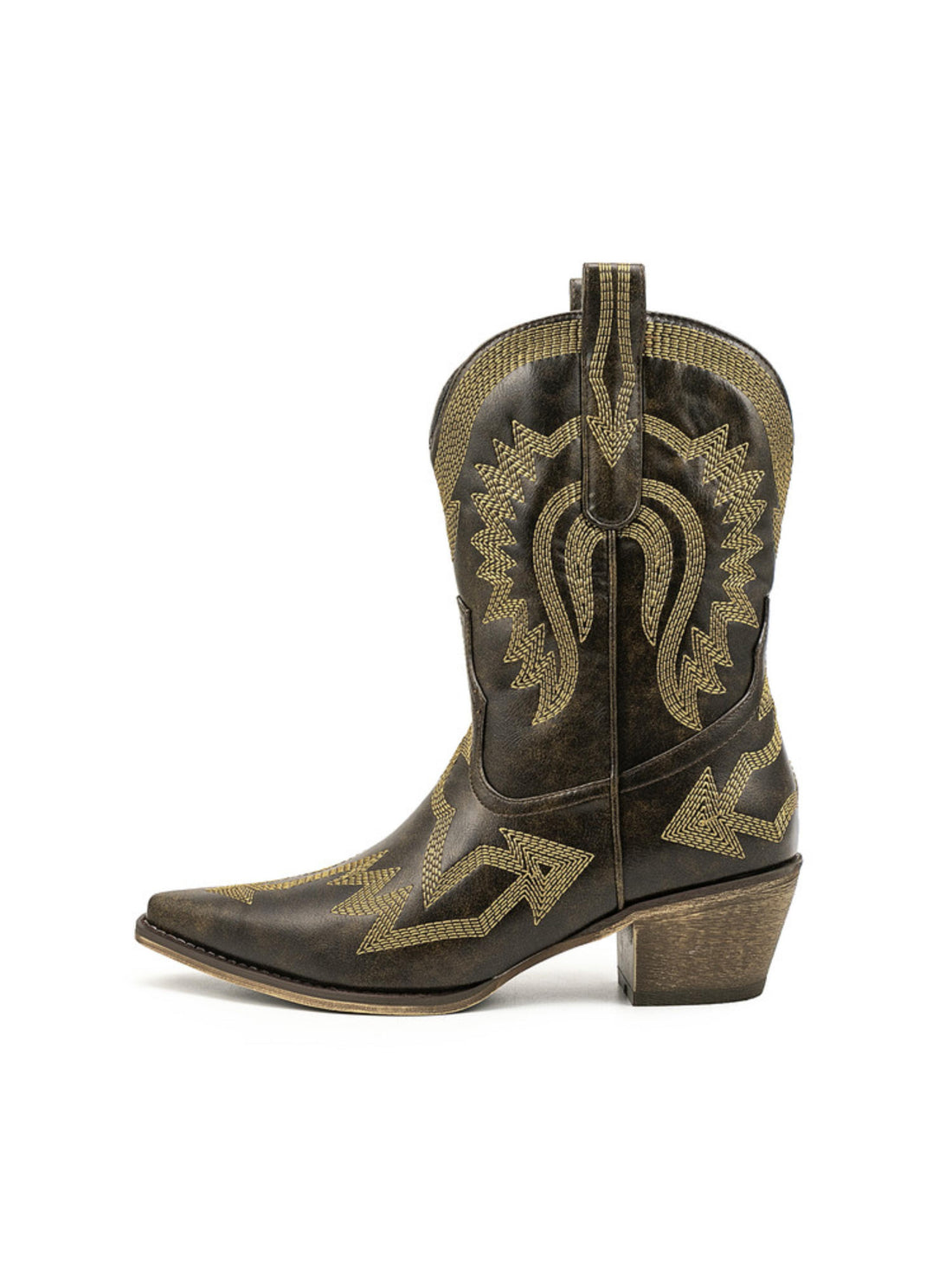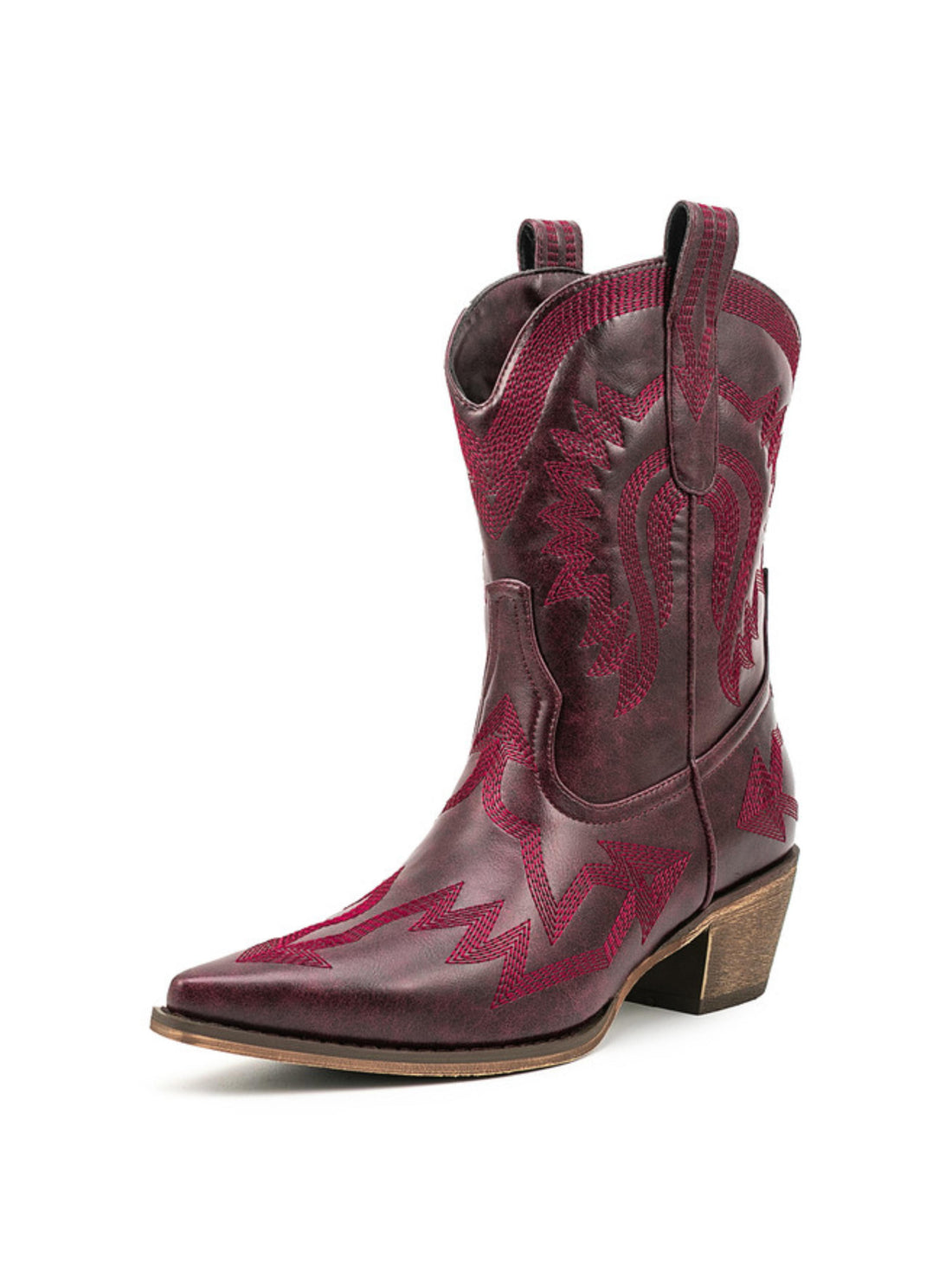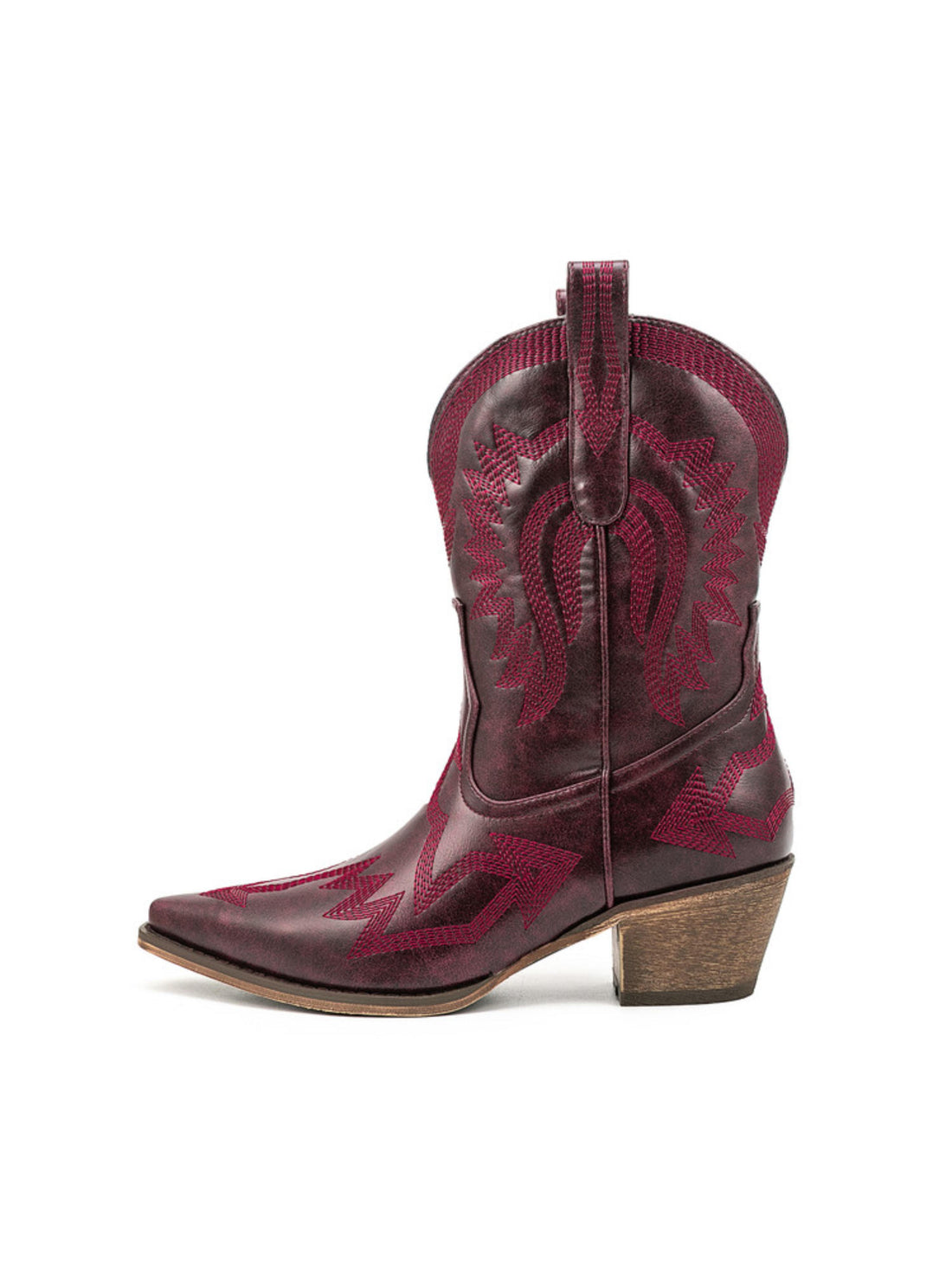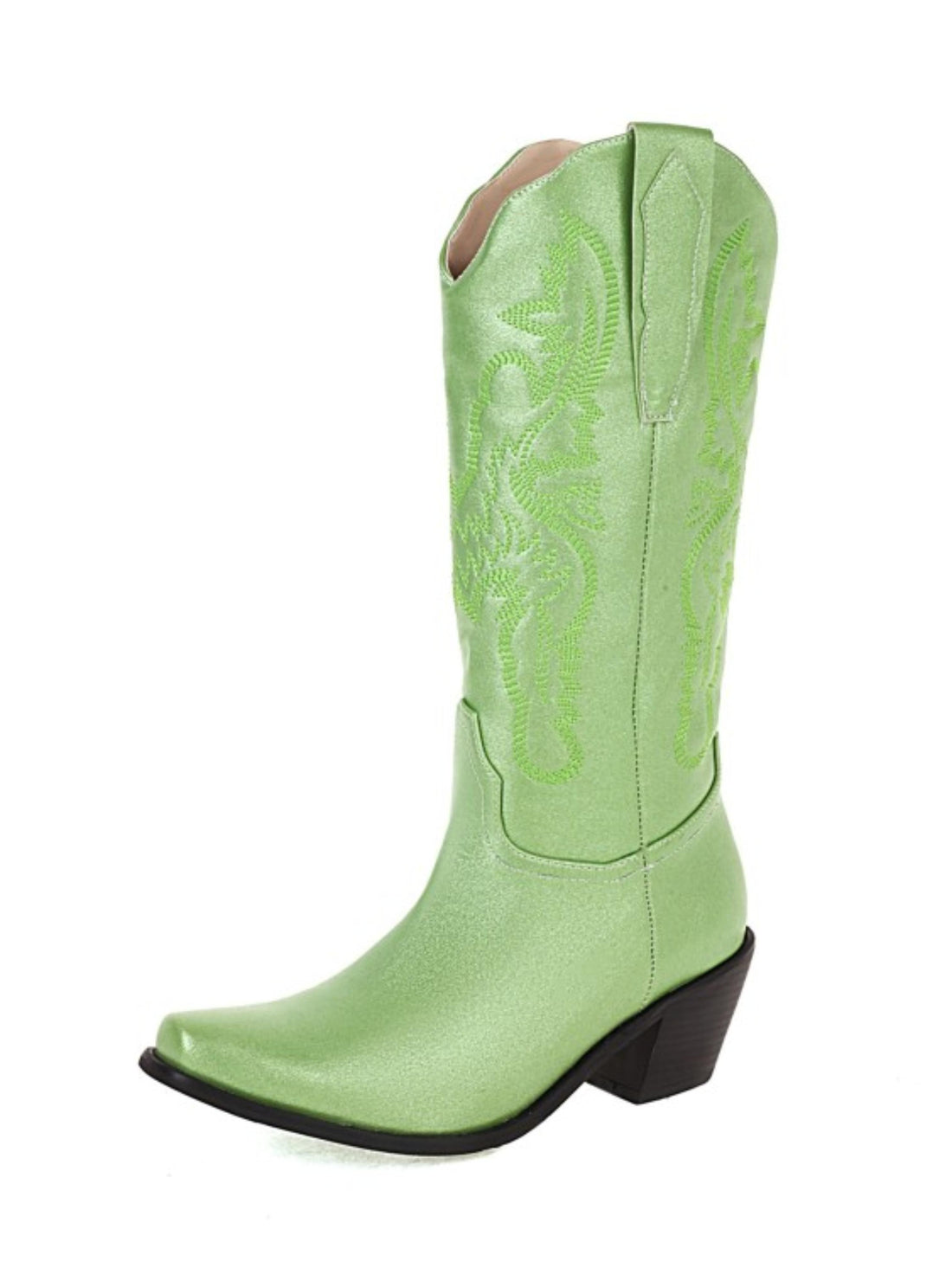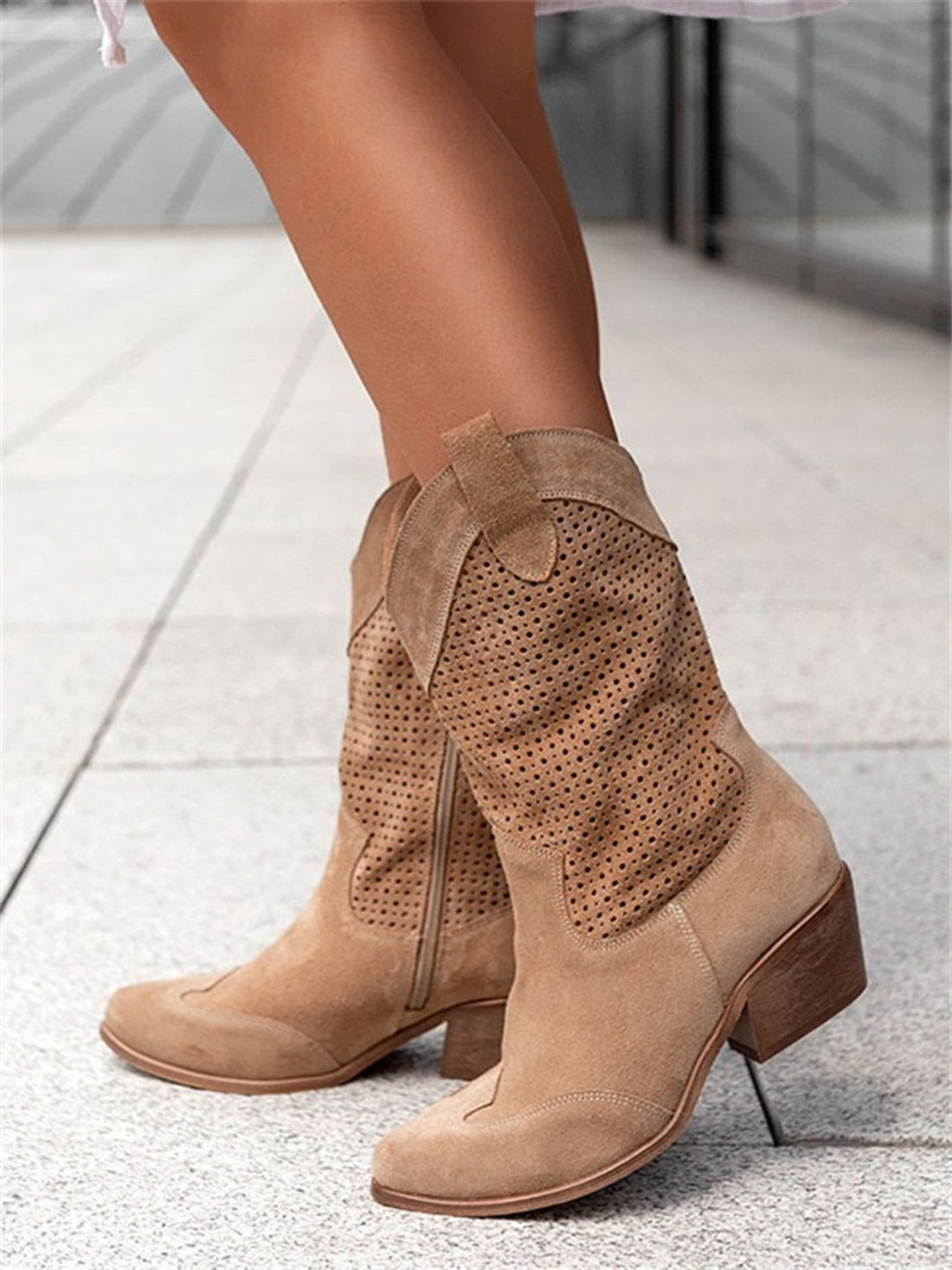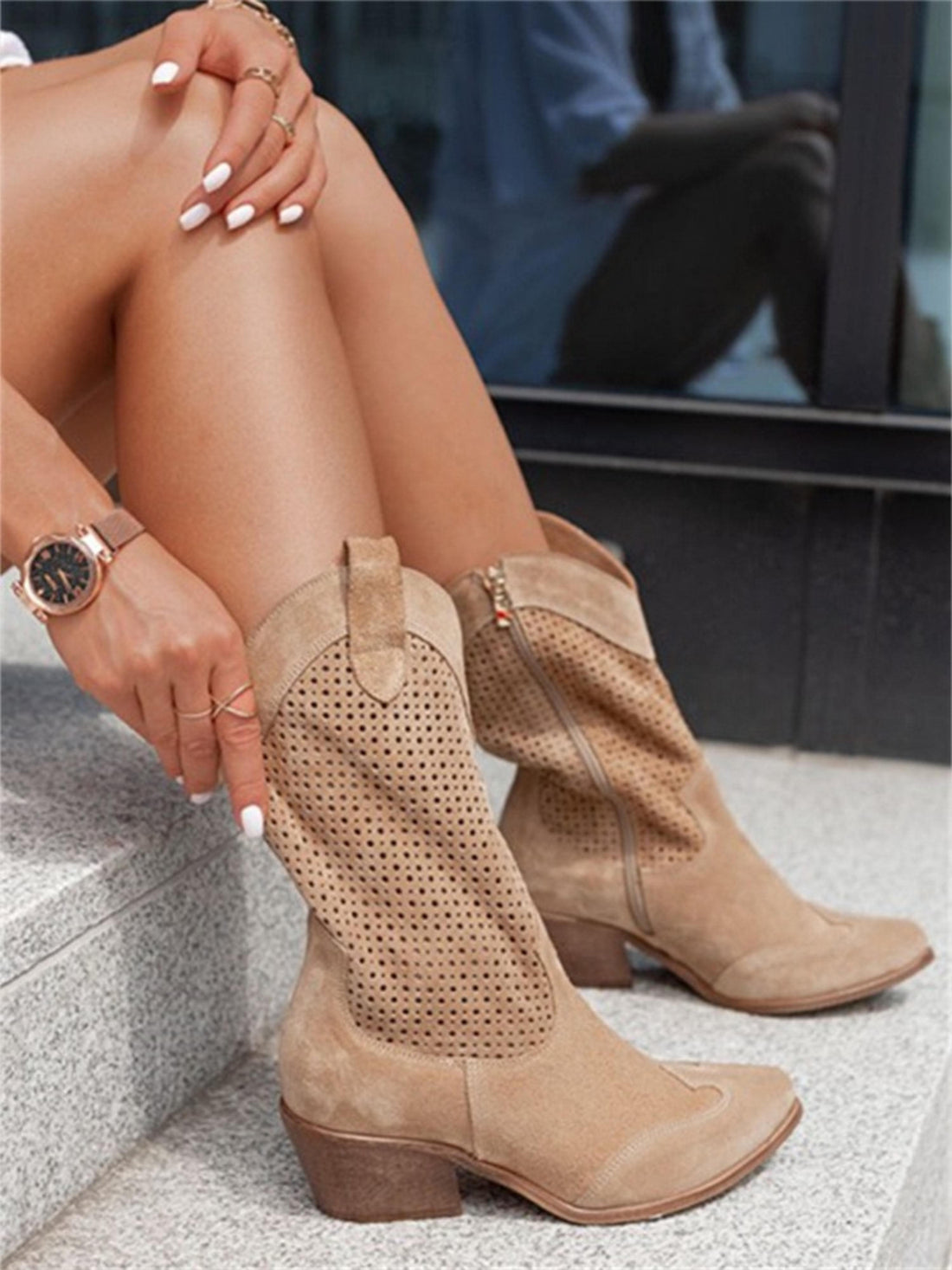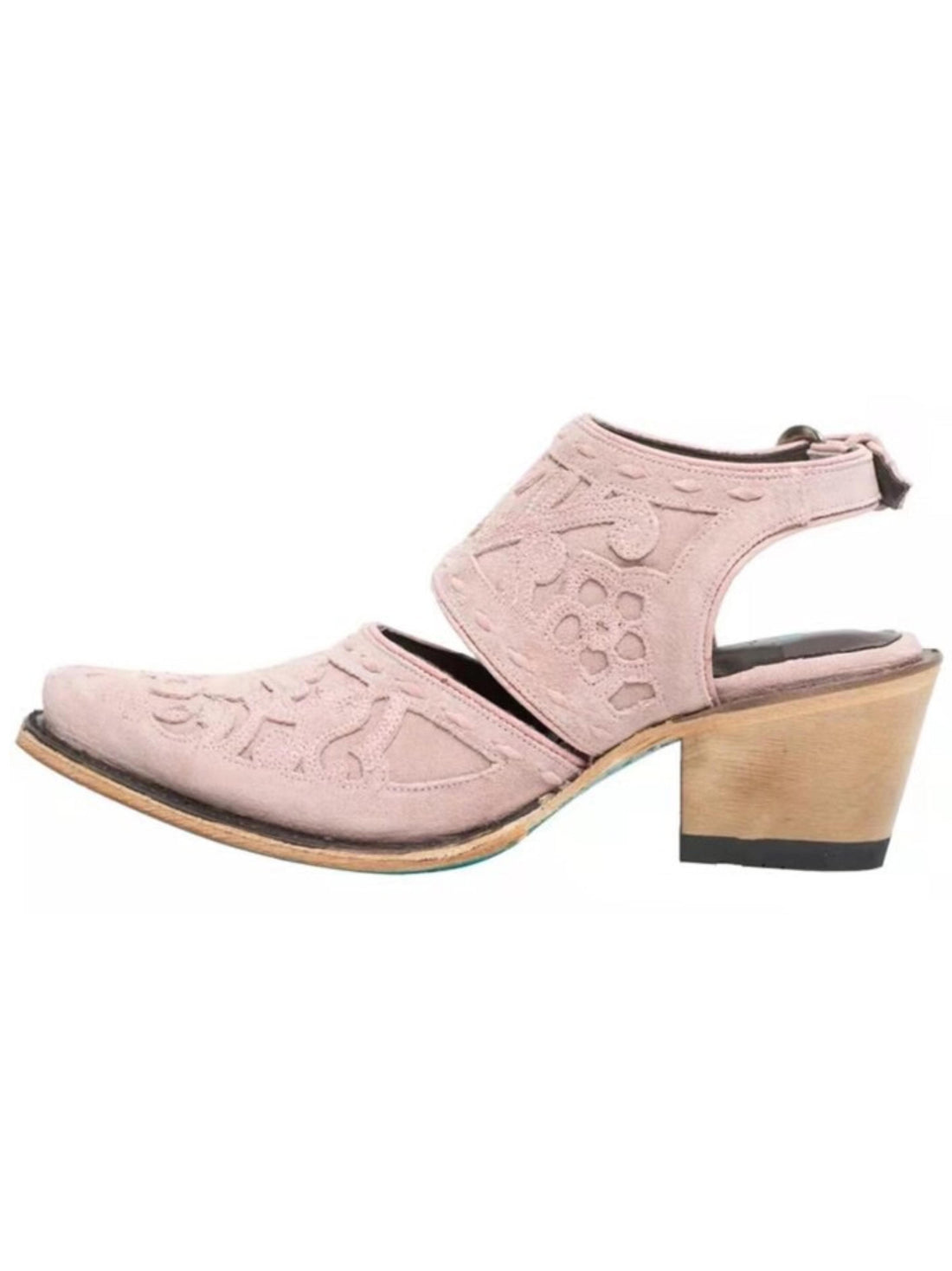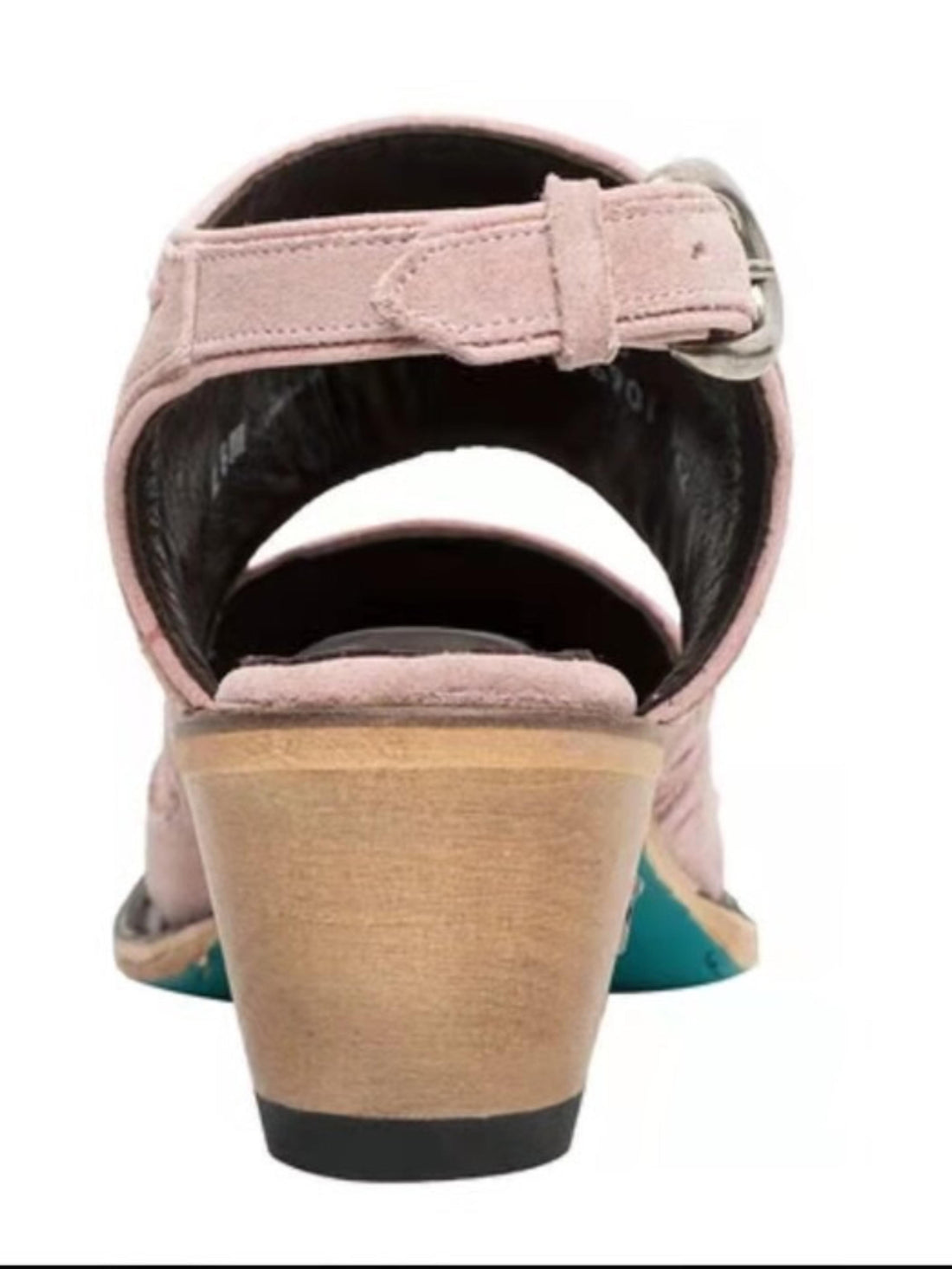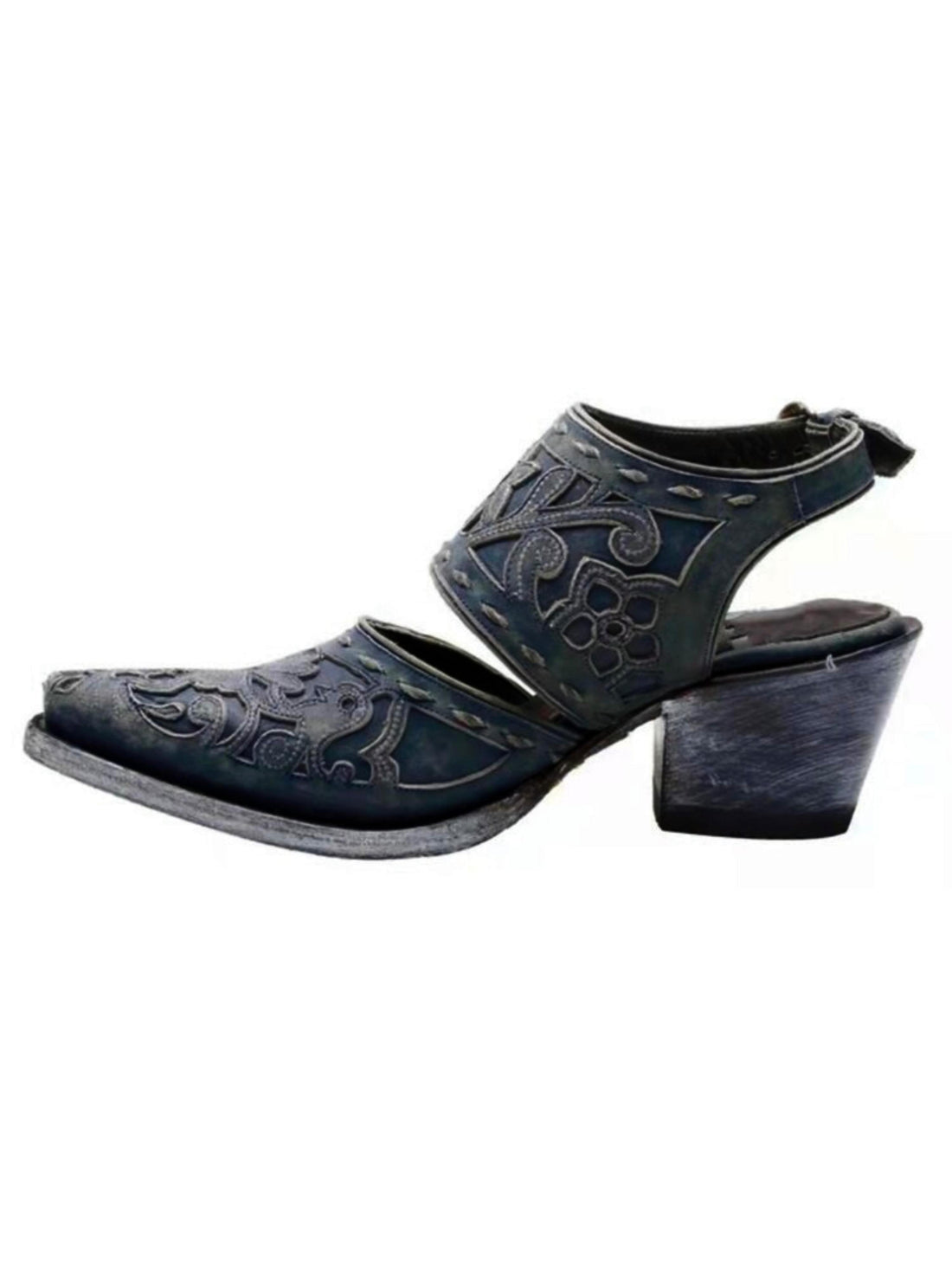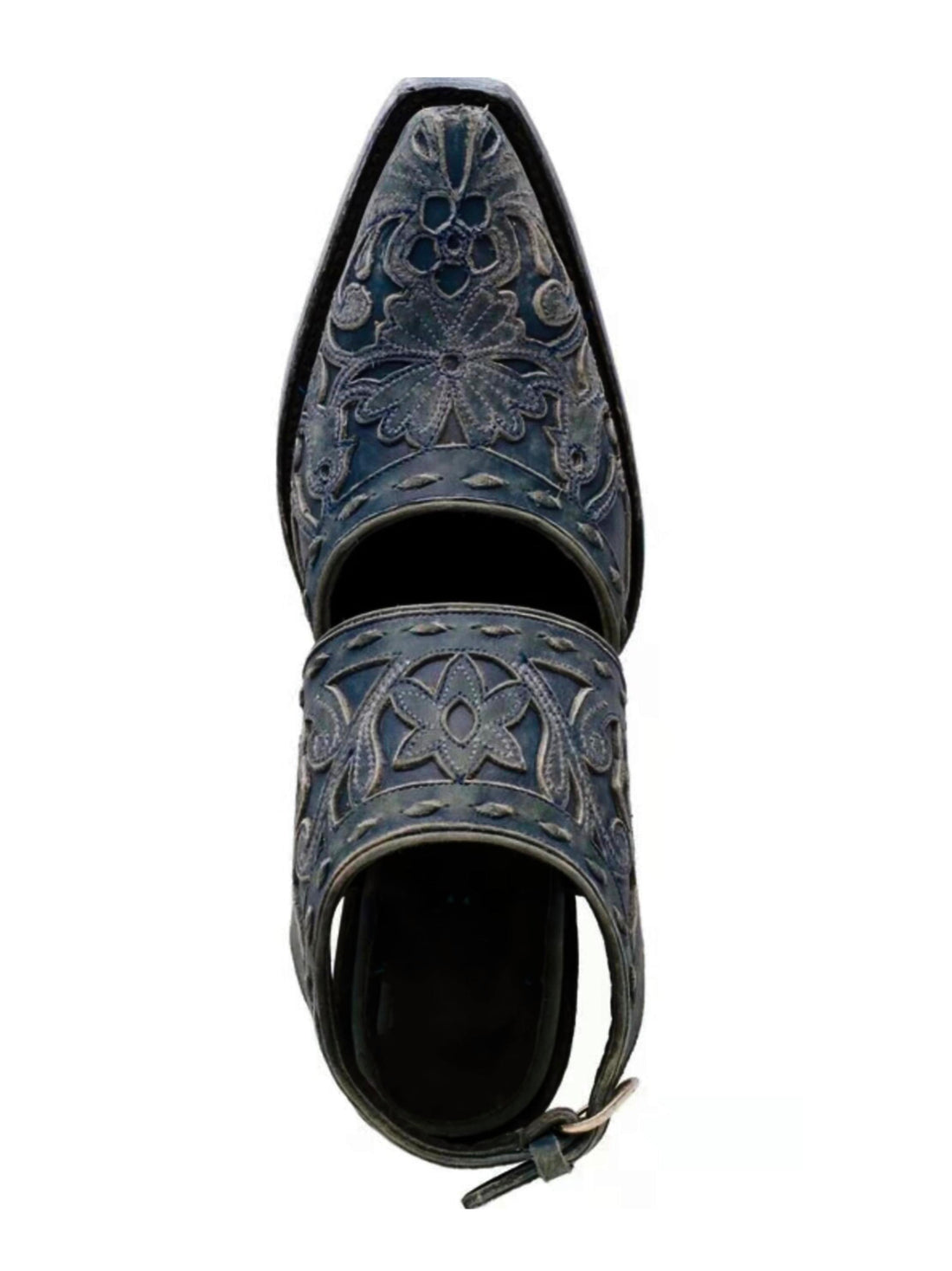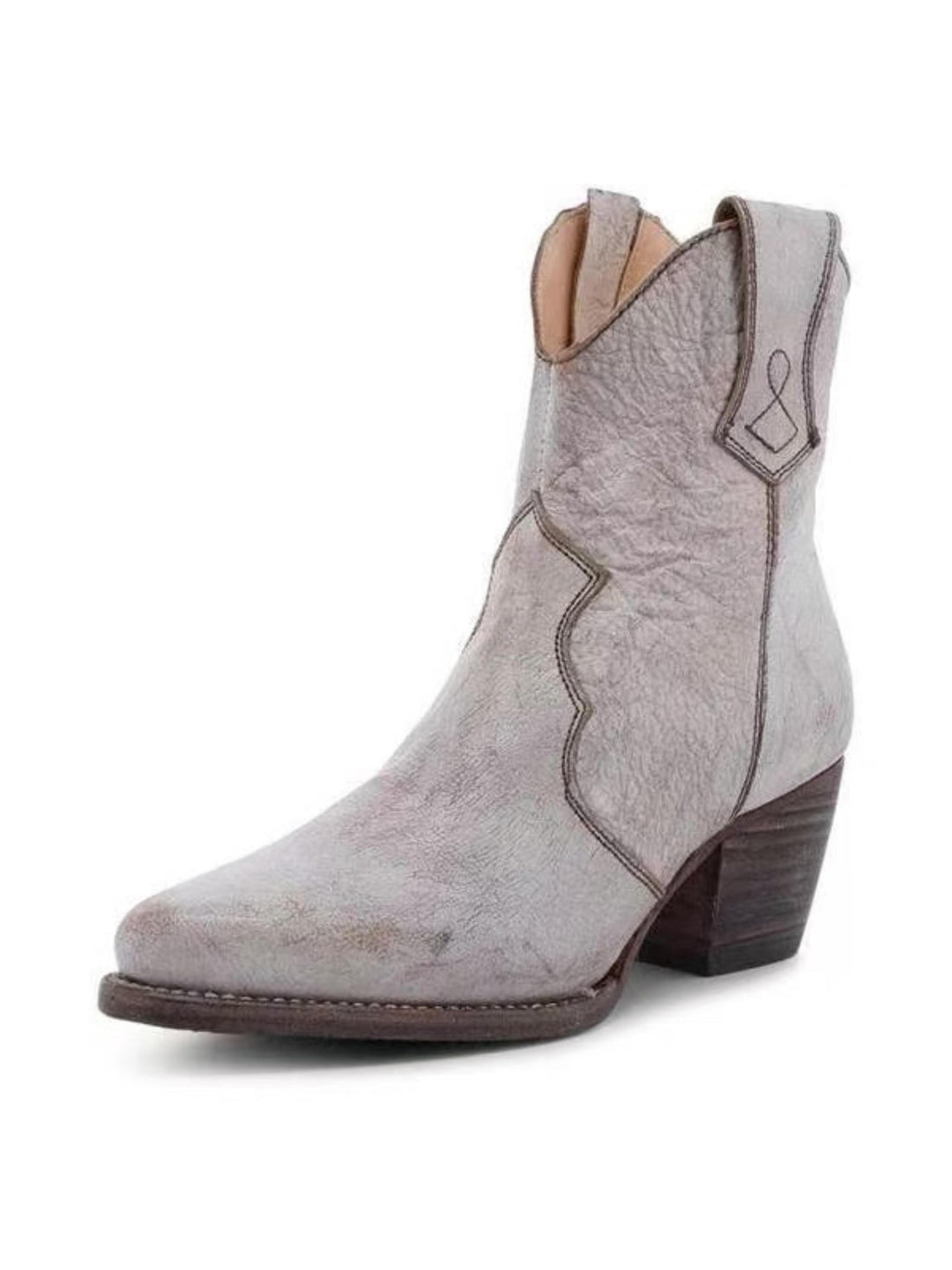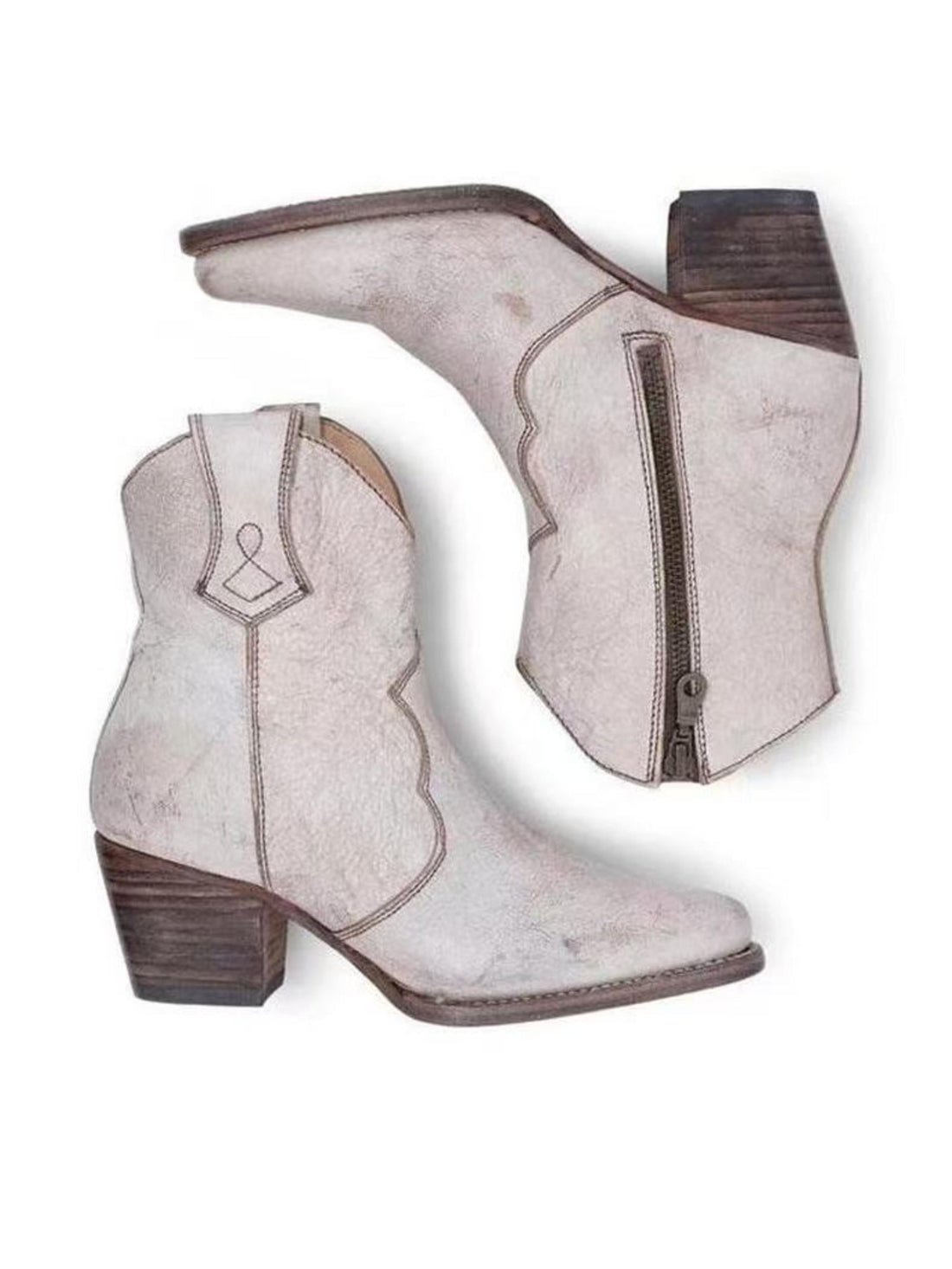Mustang is one of the American West symbols. This hardy horse breed is versatile, so you can equally use it for ranch work, trail riding, and even showing. Since these animals are descendants of domesticated horses that Spanish colonial settlers imported to the US, they are not considered wild but feral.
Most Mustangs still freely roam in herds all over the West, but you can find them in captivity, as well. If you wish to adopt one, you should pass through strict legislation and meet all the required conditions. Before preparing all necessary documentation, it is wise to check the Mustang horse price on the current horse market.
Mustang History
Mustangs (BLM horses, American feral) are feral horses that live in the American West. They got the name after the Spanish word mustengo (ownerless beast, stray horse).
The Spanish set free approximately 10,000 horses in the Rio Grande area, but their numbers grew rapidly. About 2 million of their offspring were roaming freely on the prairie by 1900. Unfortunately, ranchers reduced their number to 17,000 by 1970.
Thanks to the Wild Free-Roaming Horse and Burro Act that forbade harassing, hunting, and poisoning Mustangs, their current number is about 30,000.
For those exploring the rugged terrains where Mustangs roam or working with these hardy horses on ranches, Wild Jolie Cowgirl Boots provide the durability and protection needed. Their authentic western design honors the spirit of these iconic American horses while offering the functionality required for trail riding and ranch work.

Plus, the Bureau of Land Management makes an effort to get as many people as possible to adopt Mustangs to prevent their extermination.
Mustang horse breed |
|
| Features | Mustang horse |
| Species | Equus caballus |
| Family | Equidae |
| Height | 14 to 15 hands (56 - 60 inches / 1.4 - 1.5 m) |
| Weight | 800 pounds (363 kg) |
| Temperament | Wild but trainable, wise, tempered, and gentle |
| Body type | Hardy and stocky |
| Color | Various colors, including pinto, cremello, buckskin, strawberry roan, blue roan, grulla, or gray |
| Purpose | Ranch work and trail riding |
| Lifespan | Up to 40 years |
| Diet | Timothy, brome, Bermuda, and orchard grass and hay |
| Care | Low level |
| Minimal stall dimensions | 12 by 12 feet (3.65 x 3.65 m) |
| Minimal corral size | 400 sq ft (m2) |
| Compatibility | For experience riders |
These intelligent, courageous, muscular, and short animals are tireless workers, so farmers often use them for work in harsh conditions and terrains.
They are also fast, and an average horse can gallop at speeds of 25 to 30 mph (40.2 to 48.3 km/h). The fastest recorded result over a short distance was 55 mph (88.5 km/h).
How Much Does a Mustang Horse Cost?
Most Mustangs cost $125 to $5,000 on average. The cheapest animals are those adopted from the Bureau of Land Management. The approximate price for such a horse will start at $125 for well-trained horses, but you can get an untrained animal for only $25.
BLM program
The Bureau runs an innovative incentive program for Mustang admirers. After adopting an unbroken Mustang, they will pay you $1,000 to help you in its training.
The system is uncomplicated. You should check whether you meet the Adoption Requirement conditions and pay $25 for the adoption fee. You will receive the first $500 within two months of the moment of adopting and another $500 within two months of titling. The goal is to save federal maintenance costs for the growing wild horses' population.
You can adopt Mustang at the BLM online auctions or one of the in-person events. Remember that you should increase a bid by approximately $5 to $250, depending on the propositions. You can also meet people who train horses and then re-sale them at the same place.
Buying Mustang on installment
It is a new trend of purchasing Mustangs when you can't provide cash. In such a case, you should find a trustworthy pet service that provides Mustang horses and pay it in installments:
- Each month
- Quarterly
- Semi-annually
- Once a year
The seller will hand you the registration paper after the last payment.

Mustang Price
If you are interested in adopting a Mustang, you should know the factors that influence its cost. The primary ones are:
Breeding
These versatile horses are ideal for trail riding, dressage, and ranch work. Their price will directly depend on their breeding history. Since Mustangs are currently overpopulated in the wild, no captive breeding program is used.
A bloodline will significantly determine the animal's price, and you can expect that the one with a recorded pedigree is worth more.
However, most Mustangs are a mix of different breeds, and they are adopted from the wild, so you will have difficulty finding one with considerable pedigree. According to experts, it is possible to differentiate six primary Mustang types that will cost you differently:
- Kiger Mustang
- Spanish Mustang
- Colonial Spanish Mustang
- Cerbat Mustang
- Pryor Mountain Mustang
- Chincoteague Pony
Since each type has a different heritage and characteristics, you can choose the one that fits your needs best.
Mustang horse breed value |
|
| Horse type | Average price |
| Trained horses 7 to 10 years old | Up to $5,000 |
| Stallions with impressive show record | $3,000 to $15,000 |
| Horsed adopted from the Bureau of Land Management | Adoption fee of $125+ for a trained horse |
| Adoption fee of $25+ for an untrained horse | |
Age
Mustangs' prime years are from 7 to 10, so you can expect these animals to be the most expensive. You can use them for riding, driving, showing, and working.
On the other hand, it will be enough to buy one in its early 20s if you want a horse for recreation purposes. Such an animal is an excellent option to enjoy and won't cost much.
Color
As you can guess, Mustangs come in various colors, depending on the bloodline. You can find this horse in almost any color, but the most common are:
- Cremello
- Dun
- Chestnut
- Buckskin
- Bay
- Grulla
- Gray
- Brown
Mustang admirers often look for colors uncommon for this horse breed, like:
- Pinto
- Palomino
- Blue roan
- Strawberry roan
- Appaloosa colors
- Pearl
- Black
Such horses typically cost more than regular color types.
Conformation (physical appearance)

Conformation is one of the crucial factors in determining the Mustang price. The ideal body of these medium-build horses is sturdy and strong, and such an animal will be worth more.
Size
Mustangs are considered small- or medium-sized horses with a height of 14 and 15 hands (56 - 60 inches / 1.4 - 1.5 m). Their weight is approximately 800 pounds (363 kg). Such a small horse will require less space and a smaller stable, lowering maintenance costs.
Training
Since most Mustangs you can adopt have never been trained, the training level will significantly affect the animal's price. Horses broke under the saddle will always be worth more while you can find untrained ones that cost only a few hundred dollars.
Remember that you will need to invest effort, energy, time, and money into training a wild Mustang. If you are not an experienced trainer, it will be necessary to hire a trainer.
In such a case, you should calculate your options thoroughly. It is probably better to consider purchasing an entirely broke horse or the one started under the saddle.
Show records
Mustangs are beautiful and obedient animals willing to please. Those characteristics make them quality show horses in Western and English disciplines.
They can also reach impressive results in dressage, trail competitions, and jumping. Those that won national awards or had outstanding show records will be expensive. Their average price is $3,000 to $15,000.
Behavior
Mustang behavior can vary depending on its background and training levels. The well-rounded animal will be well-mannered and calm after gaining trust in humans. So, the proper handling is everything necessary to get an ideal horse.
Health condition
Mustangs are typically healthy and hardy animals with healthy hooves. You will rarely see this horse type with significant health issues.
Regular Monthly Mustang Expenses
As you already know, it is not enough to set aside money for purchasing a horse. You should always count on regular monthly expenses that depend on the horse breed, boarding type, and required services.
Mustang horse breed expenses |
|
| Services | Price |
| Boarding | $150 to $1,000 |
| Annual feeding expenses | $525 for hay |
| $350 to $500 for feed | |
| $240 for supplements | |
| Training | $1,000 for TIP trainers after adoption |
| Farrier once in 6 to 8 weeks | $90 per visit ($700 a year) |
| Annual veterinary bills | $120 to $400 |
| Vaccination | $60 |
| Emergency health treatment | $250 per visit |
| Deworming (once in three months) | Up to $25 per visit |
| Dentistry costing once in 6 to 12 months | $80 to $250 a year |
| Saddle and other equipment | Up to $2,000 (only once) |
| Manure removal | About $250 a year |
The vital thing is determining the boarding type, significantly affecting the final price you need to pay each month. You should pay $150 to $1,000, depending on choosing a pasture or full boarding.
When you add expenses for a vet, dentist, and farrier, your Mustang will cost you up to 3,850 a month. Therefore, you should do the math before the final decision.
Summary
Mustang is ideal for you if you are looking for a trusty trail companion or hardworking animal. Adoption can be an affordable option, but you need to deal with the relatively complicated procedure before getting the desired horse.
This gentle, small-sized animal is an excellent choice for smaller riders and is not recommended for novices.

